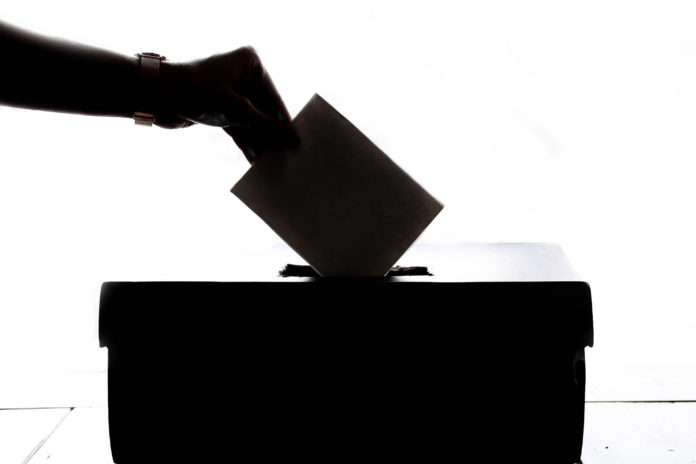If you’re politically active, you might have noticed that most popular political organizations on college campuses center on things like “calling representatives” and “writing to your senator.” In America’s current political climate, it’s clear that reaching out to elite government officials in the hopes that they might actually do their jobs instead of continuing to be beholden to lobbyists isn’t enough. And neither is voting.
The fact that our political sphere is overrun by individualist electoral politics (“if you don’t like your representative, vote!”) is by design. We can accomplish a lot more by doing the hard work of organizing groups that are committed to shared values and pursuing avenues of collective action – unionizing, striking, sit-ins, and educating our communities about these different ways of making a difference. This requires more work than voting, sure, but if you consider movements like the Civil Rights Movement of the 60s, or the teachers’ strikes that are occurring all over the country right now, it’s much more effective than voting for someone who probably won’t end up doing much anyway.
Don’t get me wrong, it’s not like voting is meaningless. Presidents and other elected officials control the political atmosphere in our country, and our officials seem to be efficient when it comes to actions like expanding our police state and putting immigrants in concentration camps. The efforts of Republicans to make voting difficult for people in low-income communities speaks to how afraid politicians are of their constituents. If they’re willing to make it so much harder for people to do the simplest political action an individual American can do, it’s no wonder our political atmosphere is structured to make us think that’s the only action any of us can do to change. As you can see, the same reasons why voting is important are the same reasons why collective action is necessary – only by joining together as a group of people with different values than our officials can we change the conversation.
Collective action isn’t the same thing as a protest. It can feel empowering to see a group of people all gathering together to speak out against an injustice, but they are often missed opportunities to recruit and organize people to do things other than march in a street and carry a sign. Speaking as someone who stumbled into a random protest in DC several years ago, I also think it’s disgusting how protests are now a way to market and sell clothing that people wear as a substitute for any political action, such as shirts that say “Resist Trump.”
Labor unions are by far the best example of collective action, but any group of individuals that share common interests and are able to find avenues to accomplish or promote those interests through educating the public can be effective. A good political group won’t solely focus on electoral politics to try to accomplish their goals, but it should be one of the systems it seeks to change, especially because it is the system Americans are most familiar with. Collective action doesn’t have to be intimidating or grand – it can be as simple as getting together with a group of friends to plant more trees if you care about the environment.
If you feel alienated and discouraged by politics, I encourage you to take part in any of our local political organizations, both on and off campus. If you’re already involved in some, put your heads together and think of ways you can accomplish change other than calling representatives.






















